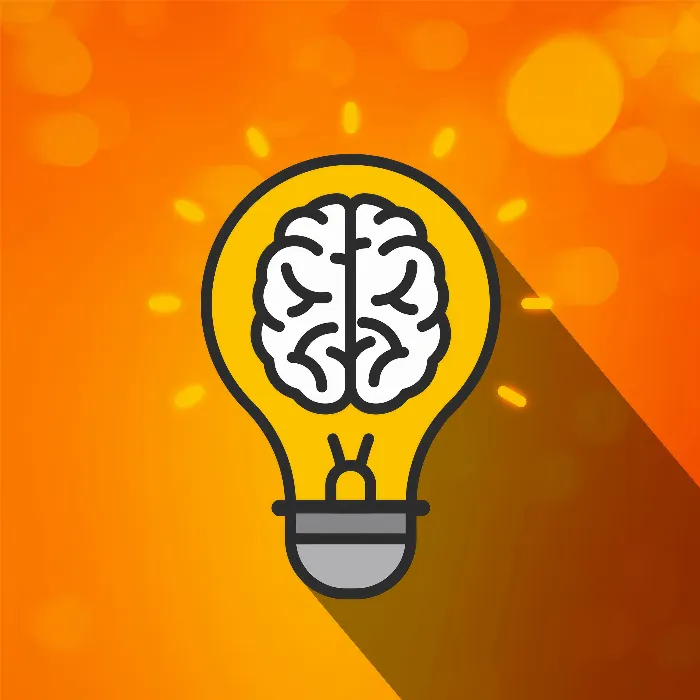In a world where information is abundant, it's crucial not to be overwhelmed by the flood of opinions and recommendations. You need to learn to think critically and ask questions in order to make informed decisions. Whether it’s about purchasing a new piece of clothing or choosing a career path – it is essential that you make your own evaluations. In this guide, you will learn how to raise questions and gather information from various sources to optimize your decisions.
Key Insights
- Ask questions to understand the reality behind the information.
- Question the motivations of those providing you with information.
- Seek out different perspectives and analyze them.
- Be aware of the psychological mechanisms that influence your decisions.
Step-by-Step Guide
1. Think critically about information
Before making a decision, be aware that much of the information you encounter is presented with a specific interest in mind. Advertising and media are designed to promote particular ideas and behaviors to drive you towards a desired reaction. This often leads to unreflective, emotional decisions. Therefore, you should ask yourself what you are willing to believe and why.
2. Ask questions
The first step to critical thinking is to ask questions. Question yourself and others. What information are you missing? What are the motivations of the person you’re talking to? If someone tells you that more natural disasters are expected next year, consider what data and analyses underpin that statement.
3. Look for the background
When a statement is made, you should analyze the background of the information. Who is speaking? What knowledge does this person draw upon? It is important to understand the context before forming an opinion. If someone offers you a free event, ask yourself what motivation lies behind it. Is the provider truly interested in sharing their experiences, or do they want to sell you something?
4. Consider different perspectives
It is important not just to hear what confirms your opinion. Actively seek out critical arguments and associated viewpoints. By gathering information from different sources, you can gain a more layered picture of the situation. Also analyze information based on facts to make a rational decision.
5. Be aware of your bubble
Be aware of your social bubble and the prevailing opinions within it. If many of your friends support a particular color choice or product choice, reflect on whether these decisions are truly based on objective facts or if they are influenced by peer pressure. Think independently and form your own opinion.
6. Understand your purchasing decisions
Consider how often you have purchased something that you never ended up using. What motivated you? By understanding these mechanisms, you can become aware of what influences your decisions. Learn from these experiences to approach future decisions more reflectively.
7. Reflect on current decisions
With every new decision – be it buying clothes, a job offer, or a one-time opportunity – apply the tips mentioned above. Consider what information you have, where it comes from, and whether it is trustworthy. Actively use your critical thinking skills to make the best decision for yourself.
Summary – Be Critical: Enhance Your Decision-Making Potential
In today’s world, it’s more important than ever to think critically and make informed decisions. You are responsible for questioning and analyzing the information that you encounter. Ask questions of yourself and others, seek different perspectives, and be aware of the psychological mechanisms that influence decisions. With these tools, you can engage in challenging discussions and make the best choices for your life.
Frequently Asked Questions
What is the main message of the tutorial?The main message is to think critically and ask questions in order to make informed decisions.
How can I learn to think critically?By questioning information and gathering different perspectives, you can improve your critical thinking.
Why is it important to question the motivations of others?The motivations of others can heavily influence the information you receive and help you better understand reality.
How do I deal with peer pressure?Reflect on your own decisions and consider whether they are based on objective facts or if you were influenced by others.
How do I find reliable information?Look for different and qualified sources that are objective and verify their credibility.


